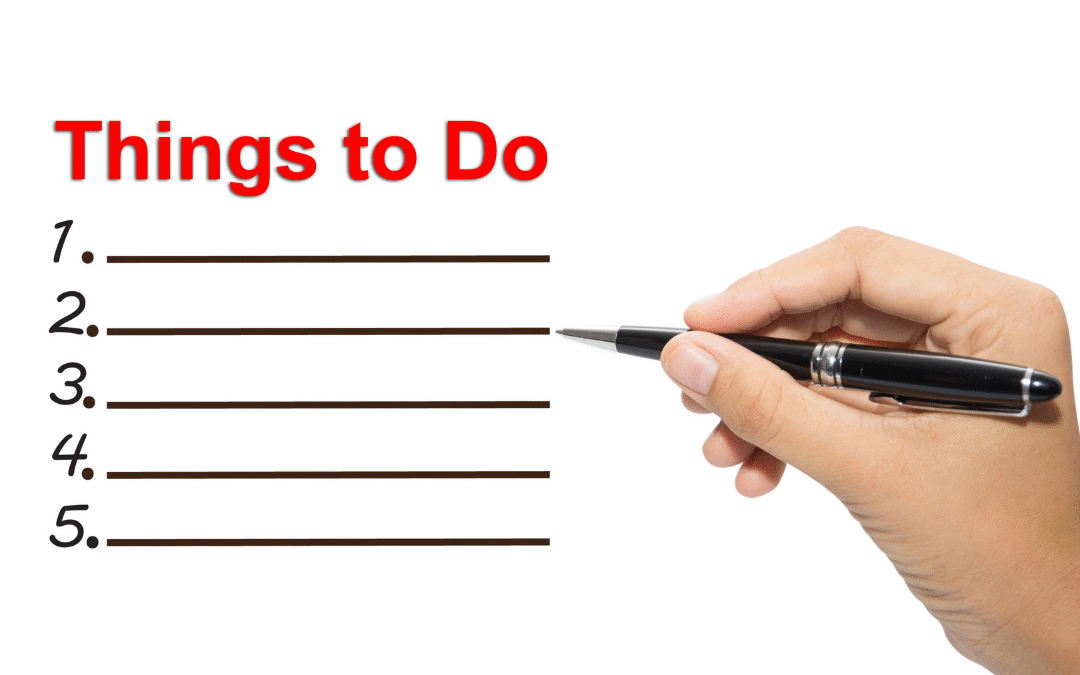Writing a book is a challenging but rewarding experience. It can be a creative outlet, a means of self-expression, and even a path to professional success. However, for beginners, the process of writing a book can be daunting, especially if they have no prior experience. If you’re one of those aspiring authors wondering how to write a book without experience, this post is for you. We’ll cover tips and strategies to help you get started and overcome any obstacles you may encounter along the way.
Start with Your Idea
Before you start writing your book, you need to have a clear idea of what you want to write about. Think about the stories or subjects that interest you the most. It could be a personal experience, a work of fiction, or a non-fiction topic that you’re passionate about. Once you have your idea, try to break it down into smaller, more manageable parts. For example, if you want to write a memoir about your life, start by outlining the most significant events or milestones you want to cover.
Create an Outline
Creating an outline is essential when it comes to writing a book with no experience. An outline helps you to organize your thoughts and ideas, create a logical flow to your story, and keep you on track. It doesn’t have to be detailed, but it should give you a rough idea of what you want to cover in each chapter.
Example Outline for a Fiction Book:
I. Introduction A. Setting the scene B. Introducing the main character C. Establishing the conflict
II. Rising Action A. The main character faces challenges B. The conflict intensifies C. The main character meets other characters
III. Climax A. The most significant conflict in the story is resolved B. The main character experiences a turning point C. The plot reaches its peak
IV. Falling Action A. The story begins to wrap up B. The main character reflects on their journey C. Loose ends are tied up
V. Conclusion A. Final thoughts B. Potential for a sequel or follow-up story C. Call-to-action for the reader
Write Your First Draft
Once you have your idea and outline, it’s time to start writing your first draft. Don’t worry about perfection at this stage; just focus on getting your ideas down on paper. You can always revise and edit later. It’s also helpful to set a writing schedule and stick to it. Whether it’s a daily word count or a set number of hours each week, having a routine will help you to stay focused and motivated.
Seek Feedback and Revision
After you’ve completed your first draft, seek feedback from beta readers, writing groups, or a professional editor. Constructive criticism is crucial when it comes to improving your writing. Be open to feedback and use it to improve your work. Don’t be afraid to revise and rewrite as needed until you’re satisfied with the final product.
Conclusion
Writing a book with no experience may seem daunting, but it’s entirely possible with the right mindset and approach. By starting with a clear idea, creating an outline, writing your first draft, and seeking feedback and revision, you can produce a quality book that you’re proud of. Remember, writing is a journey, and every step, even the challenging ones, is an opportunity to grow and improve.









